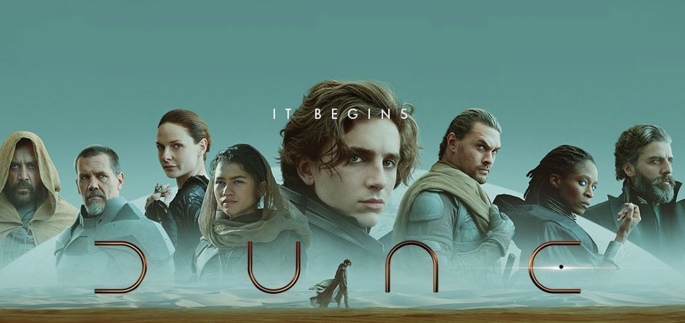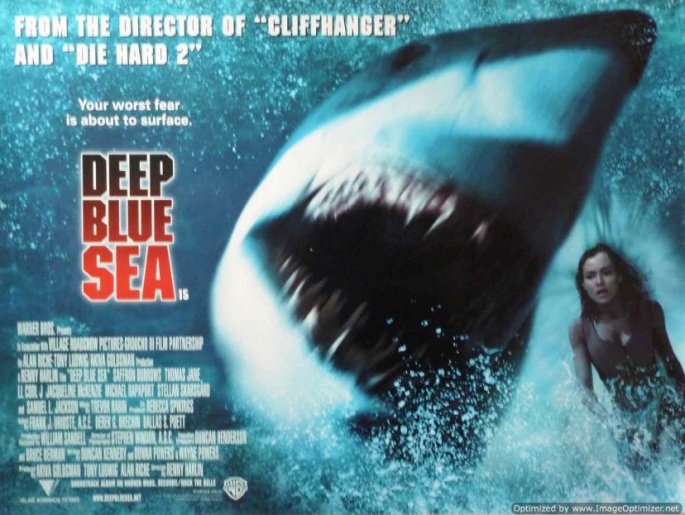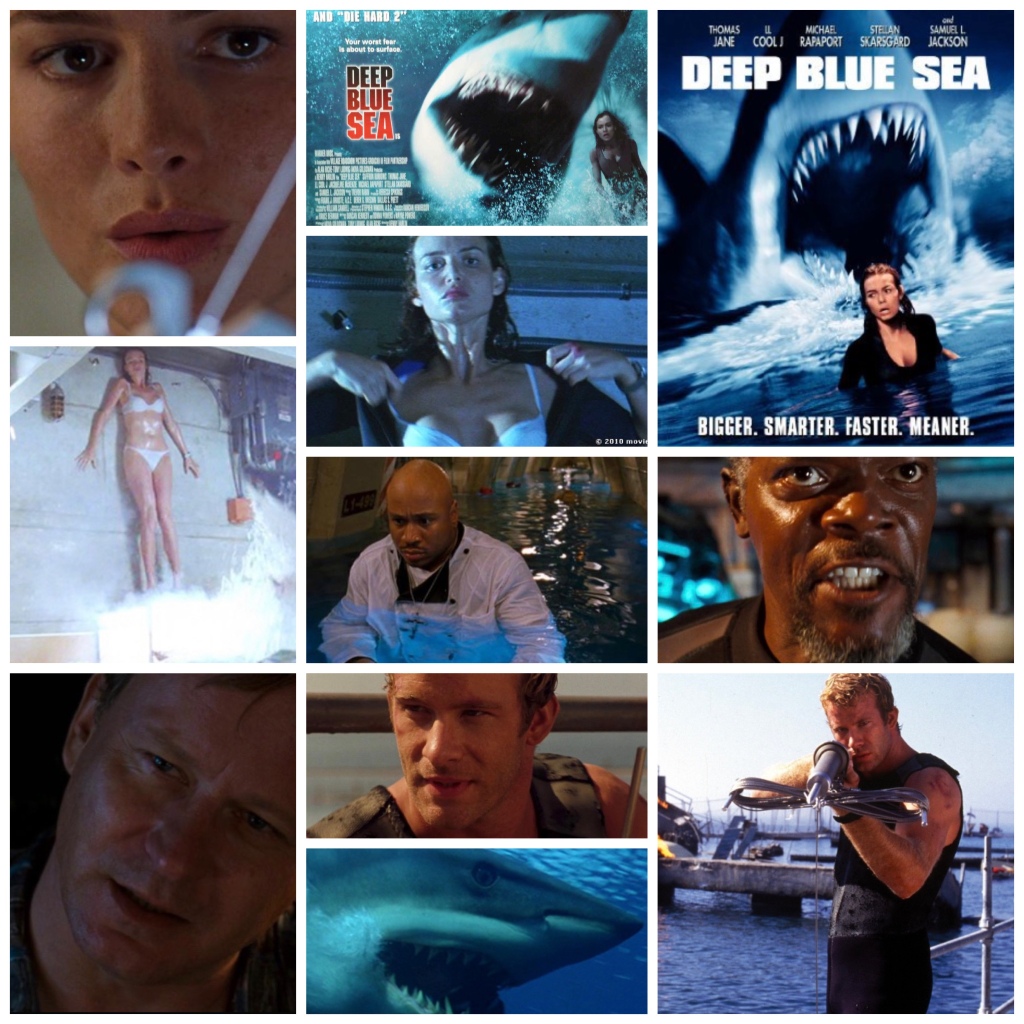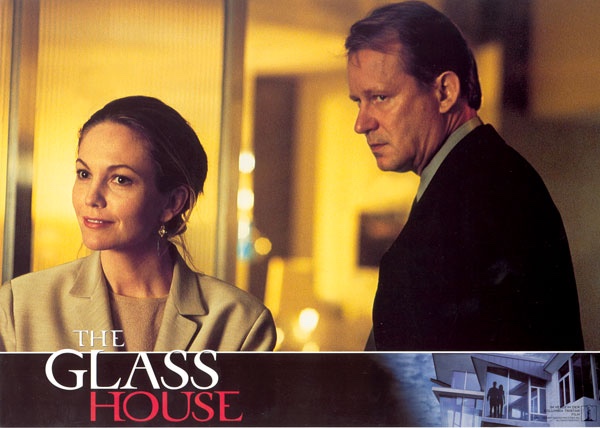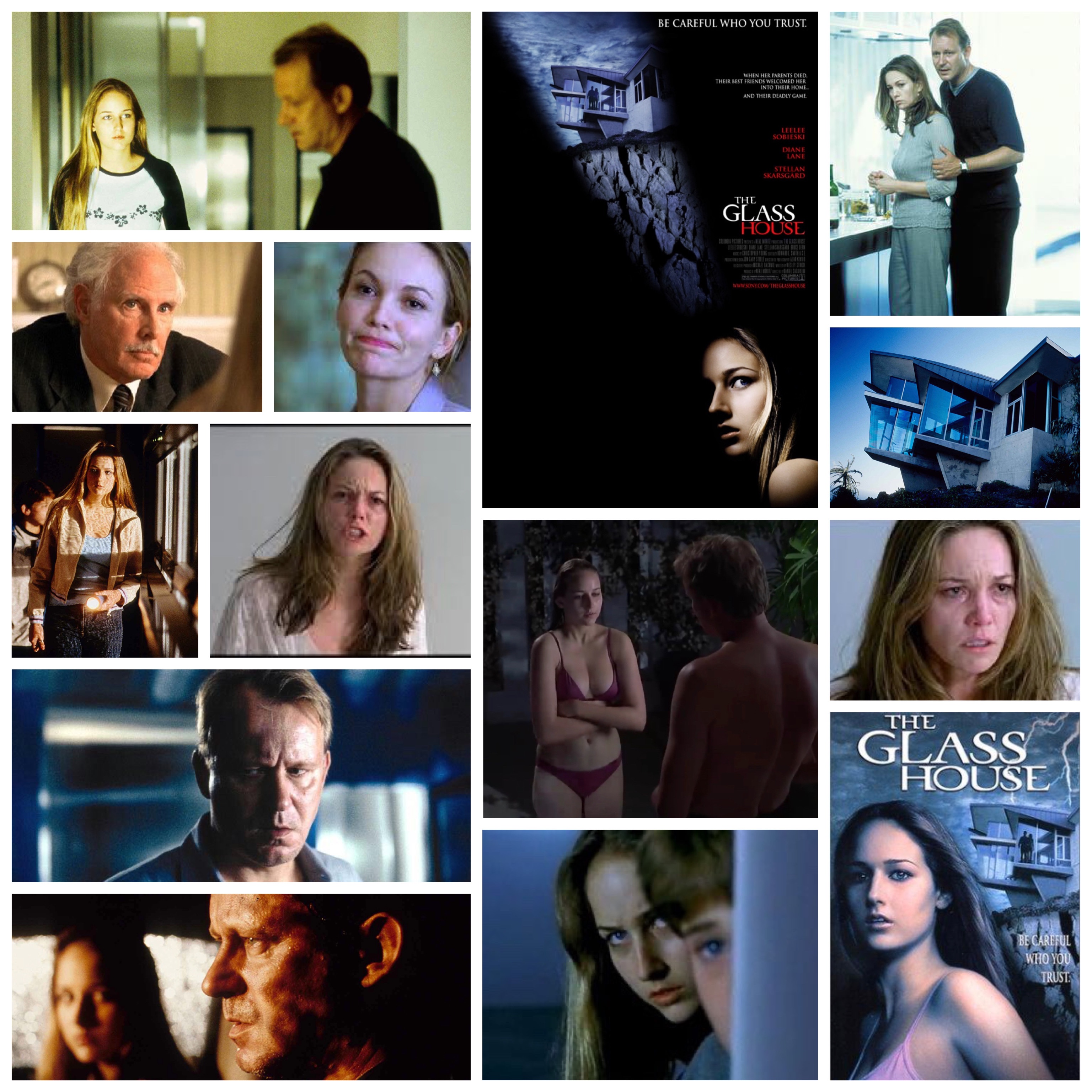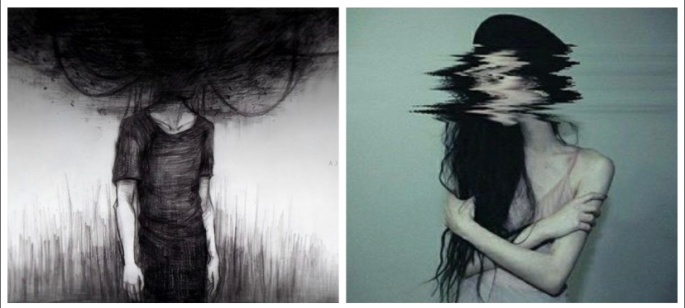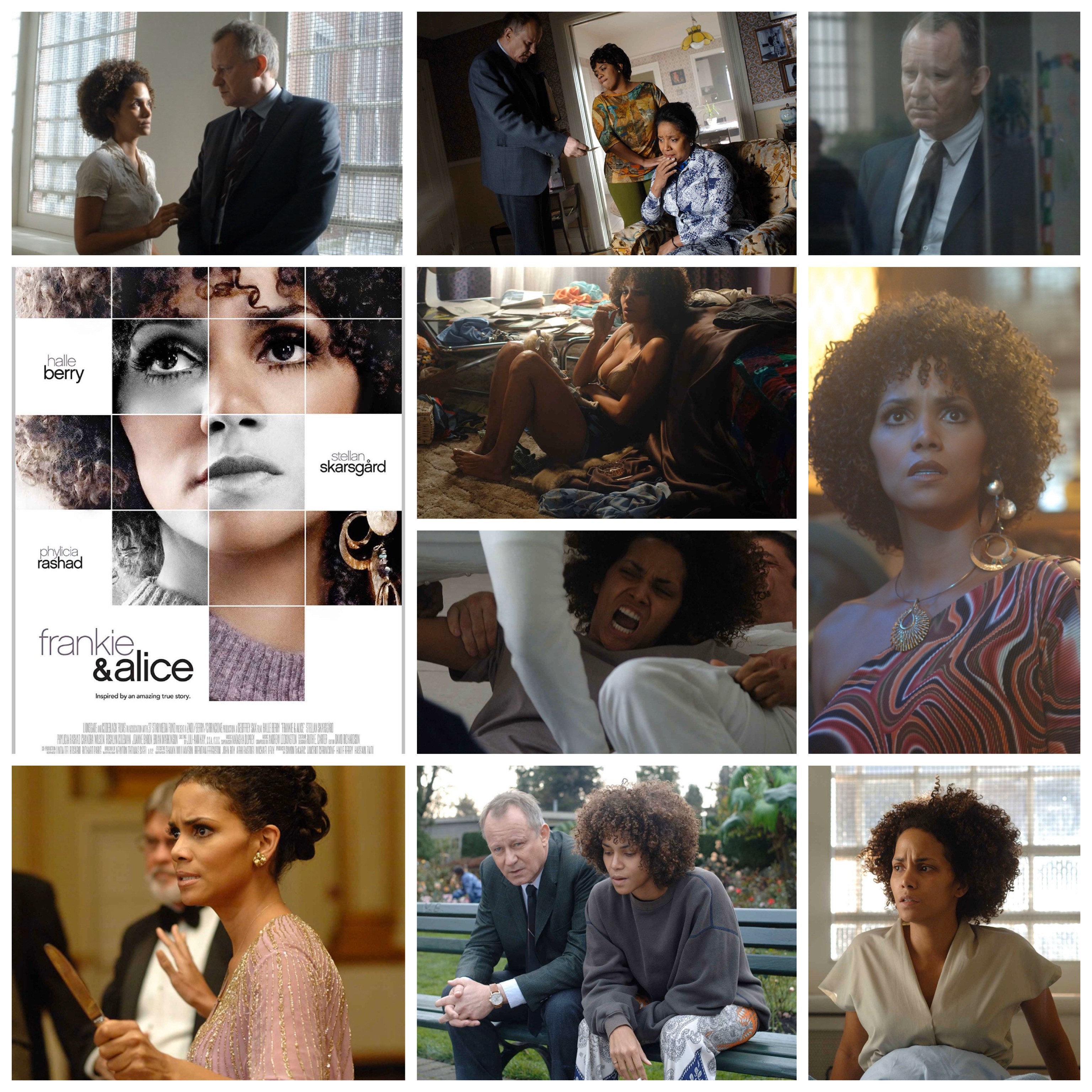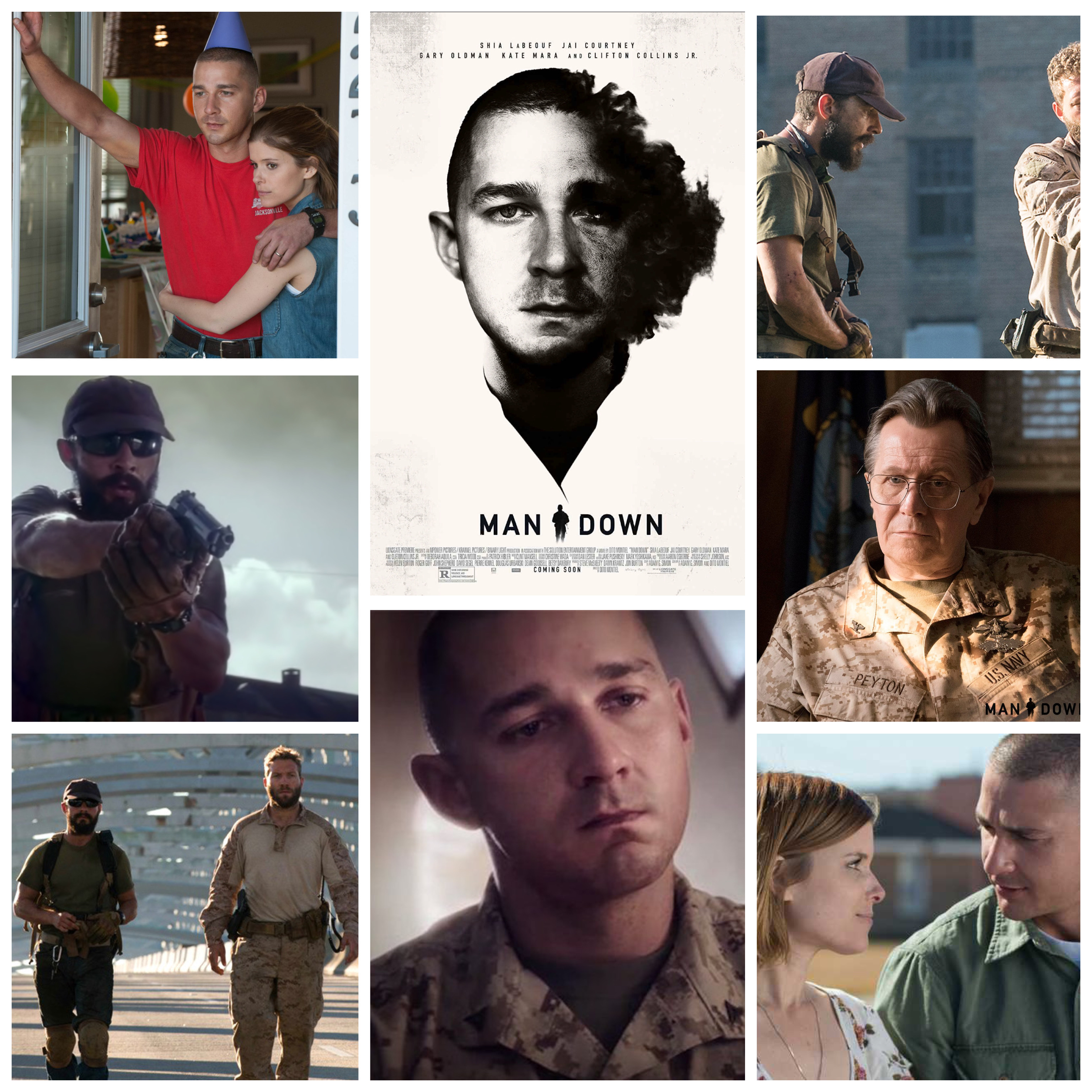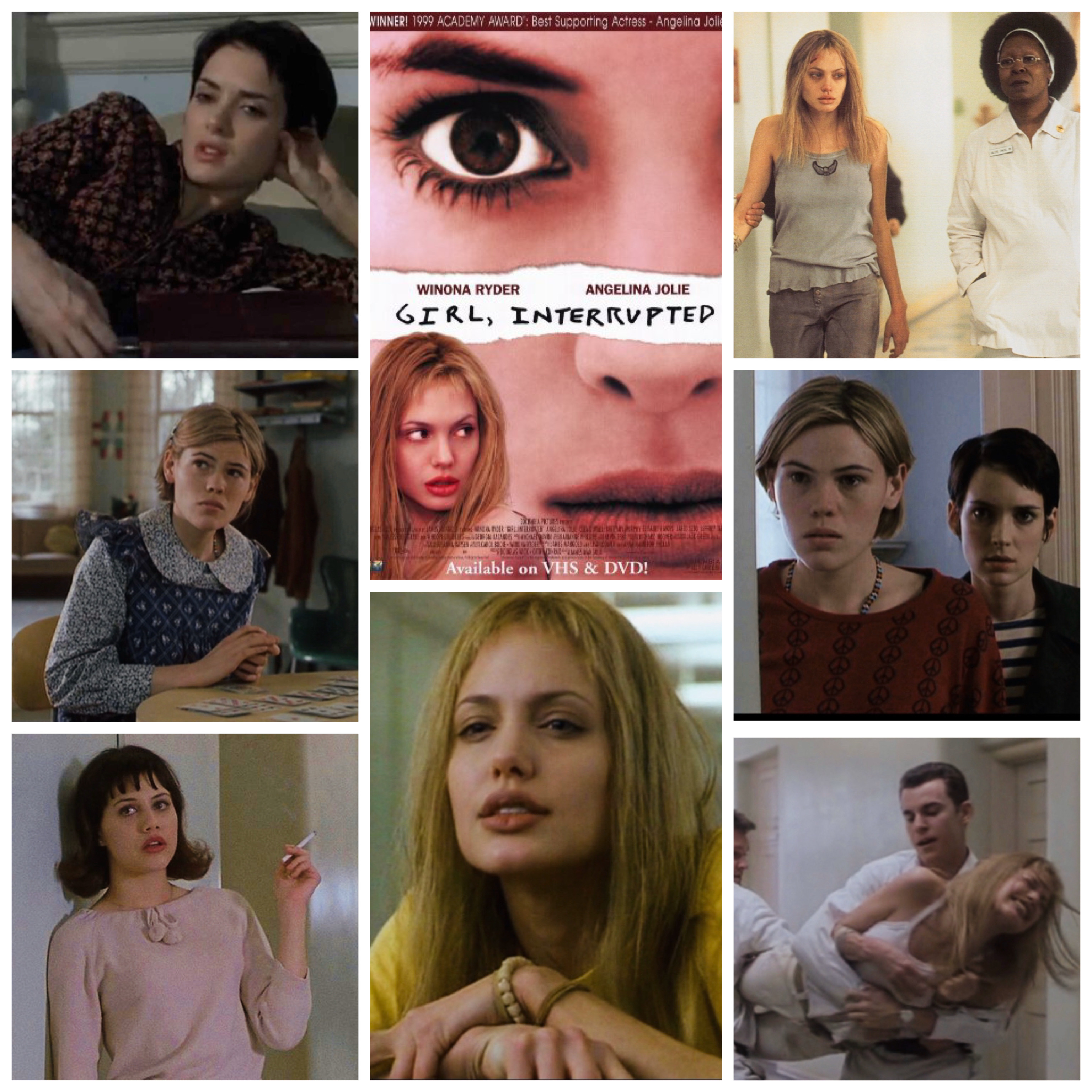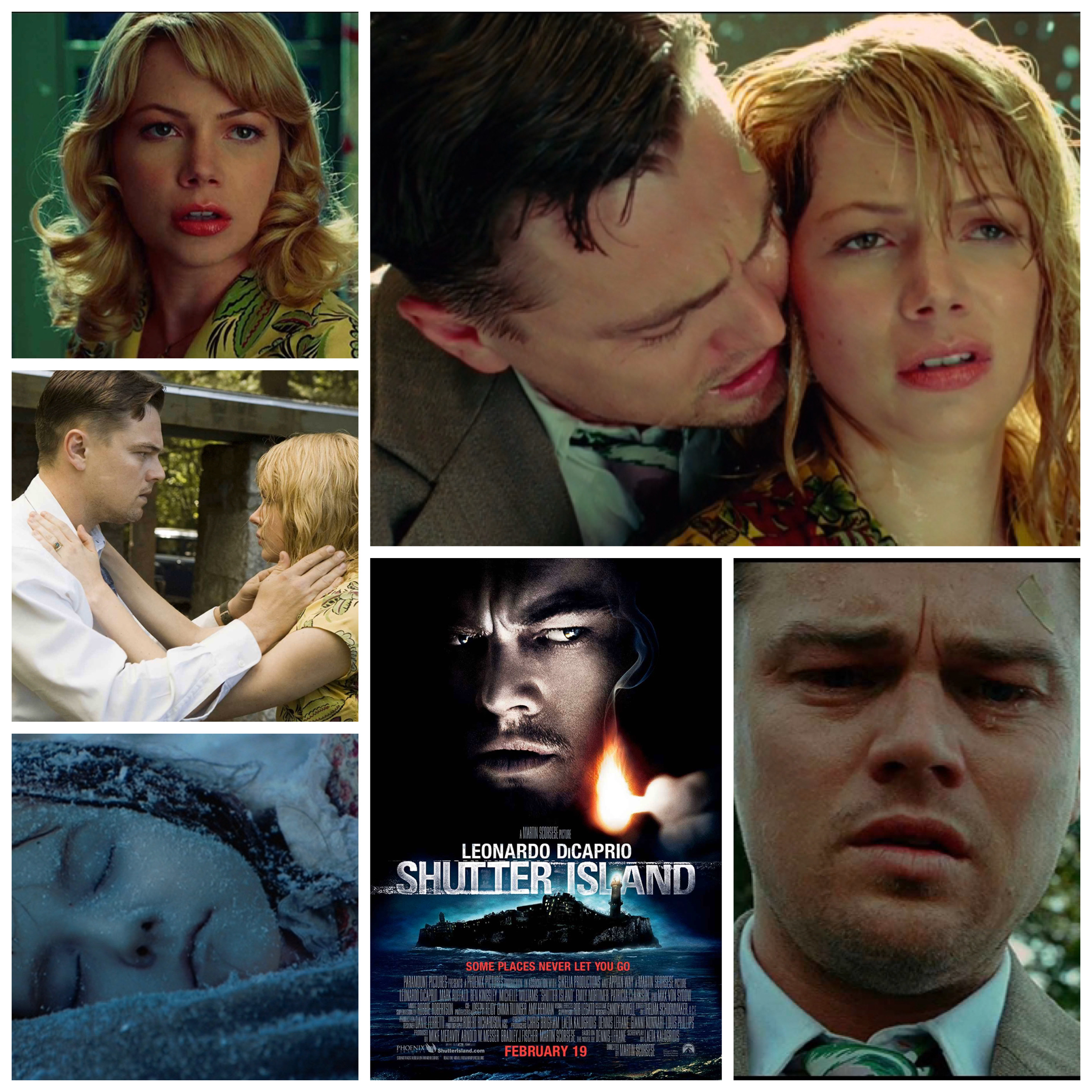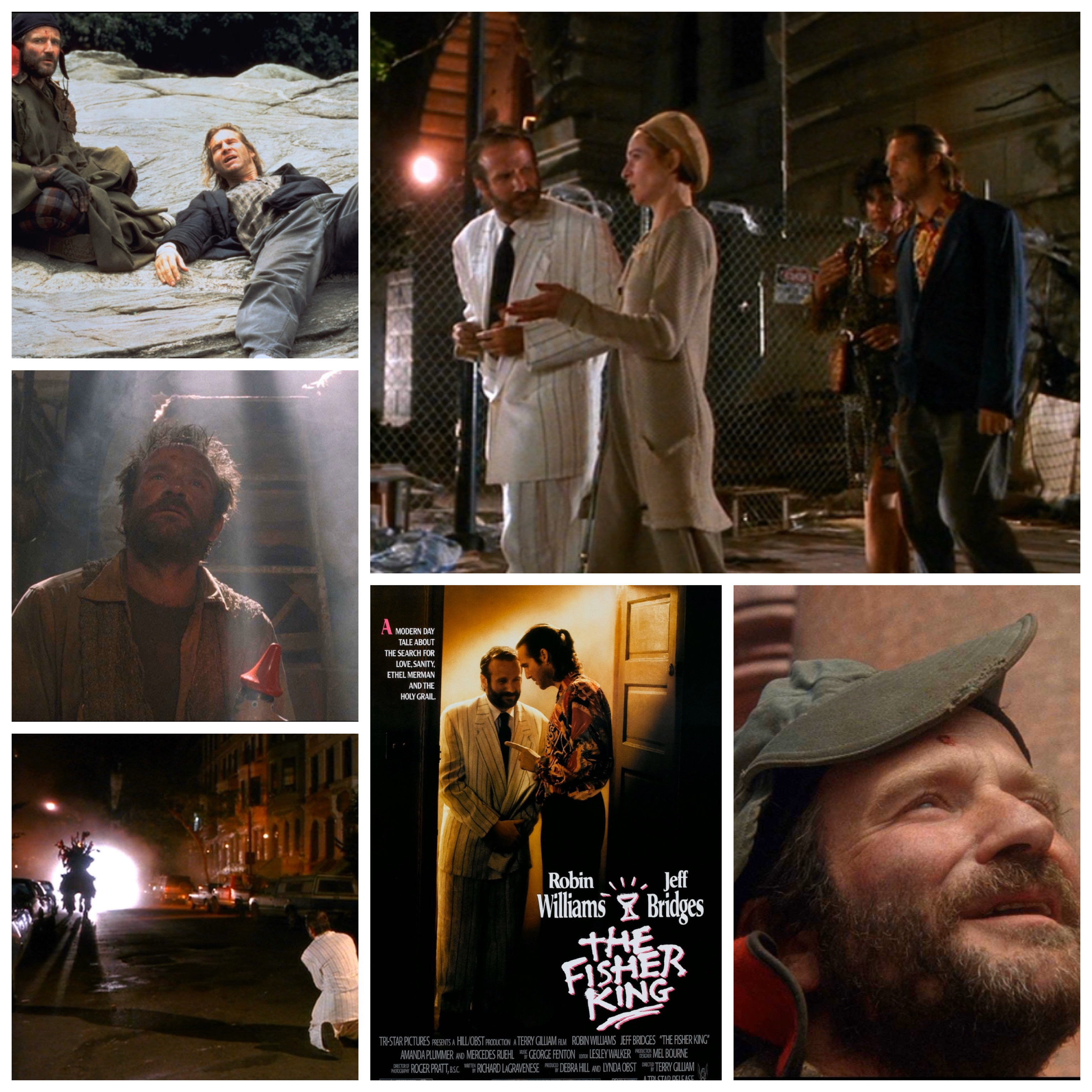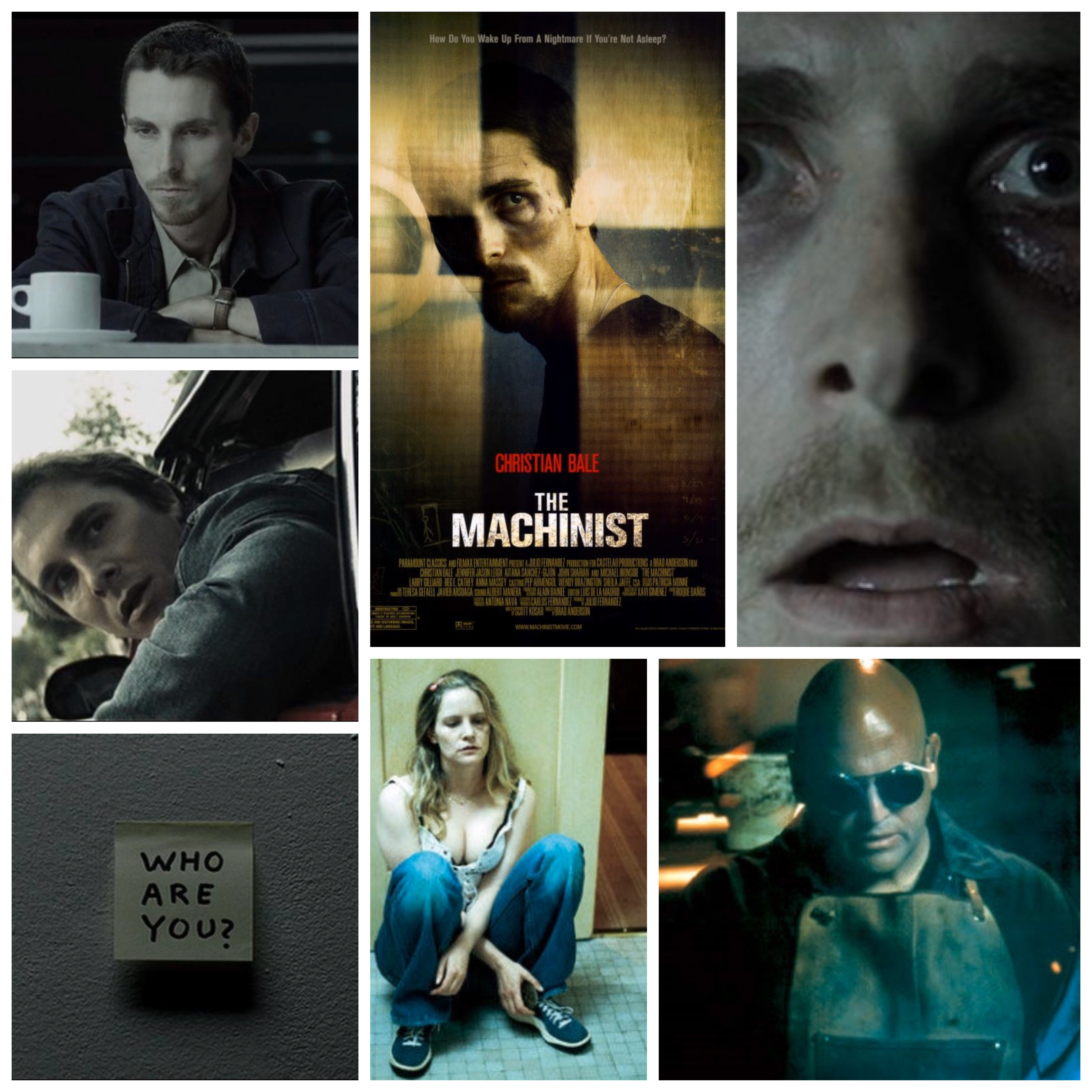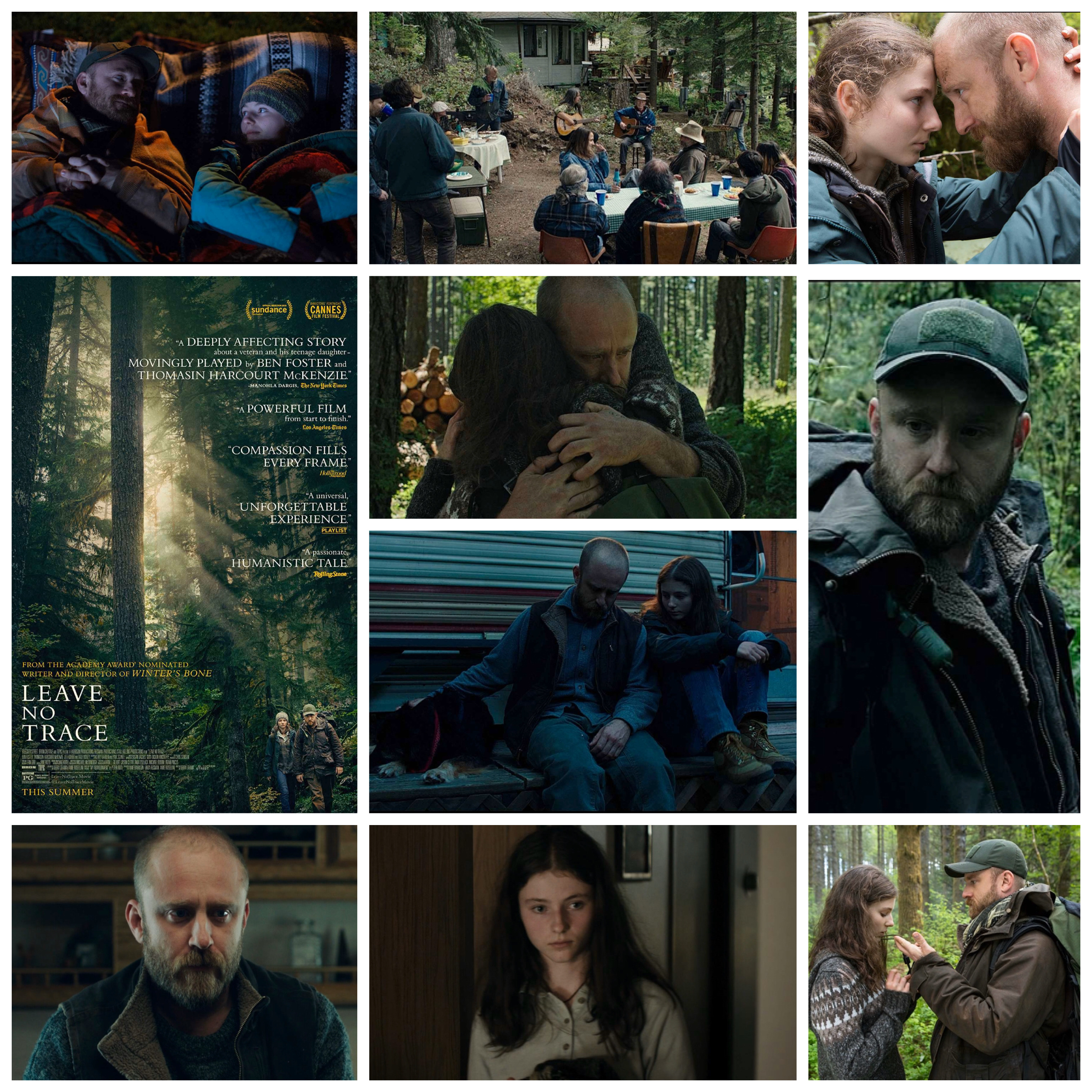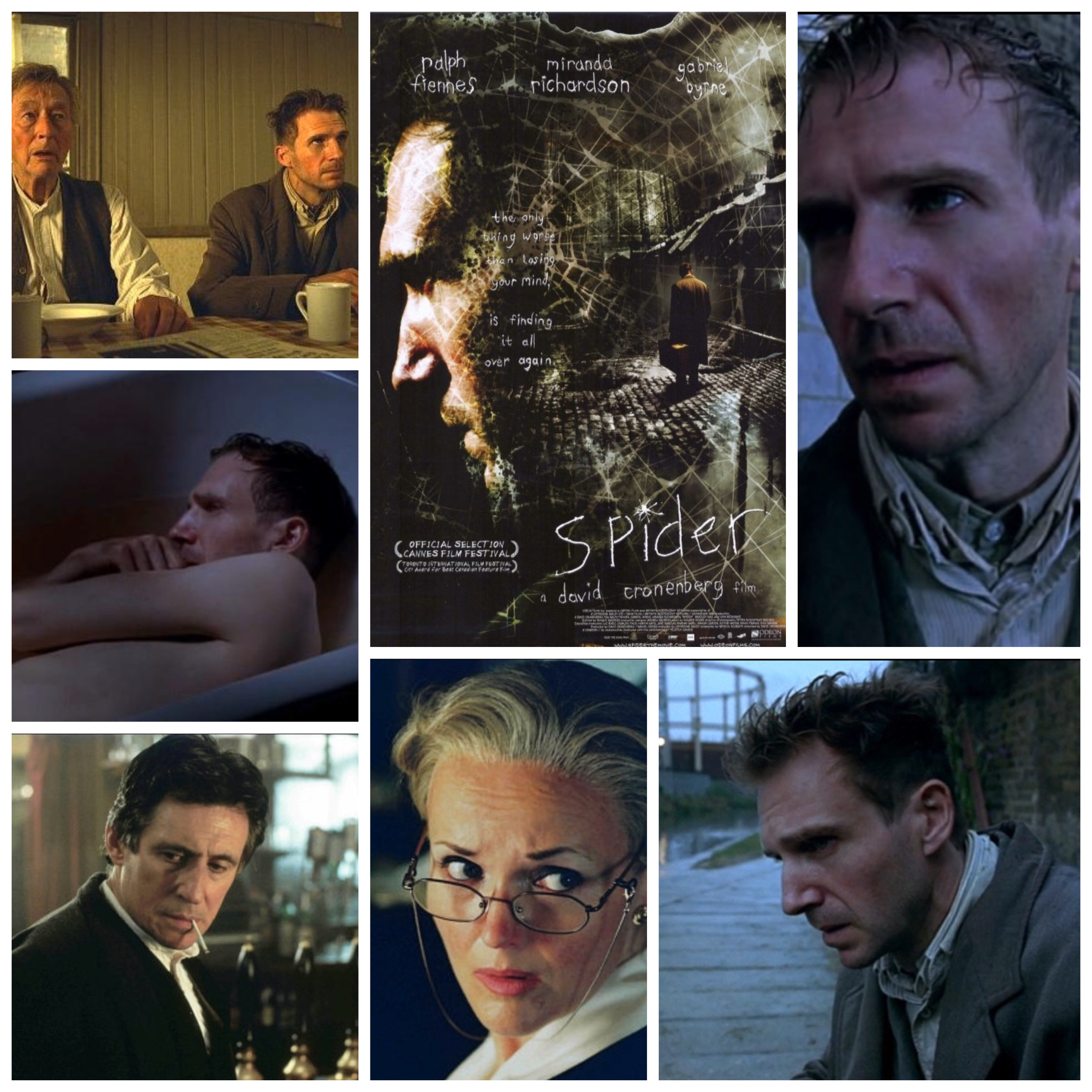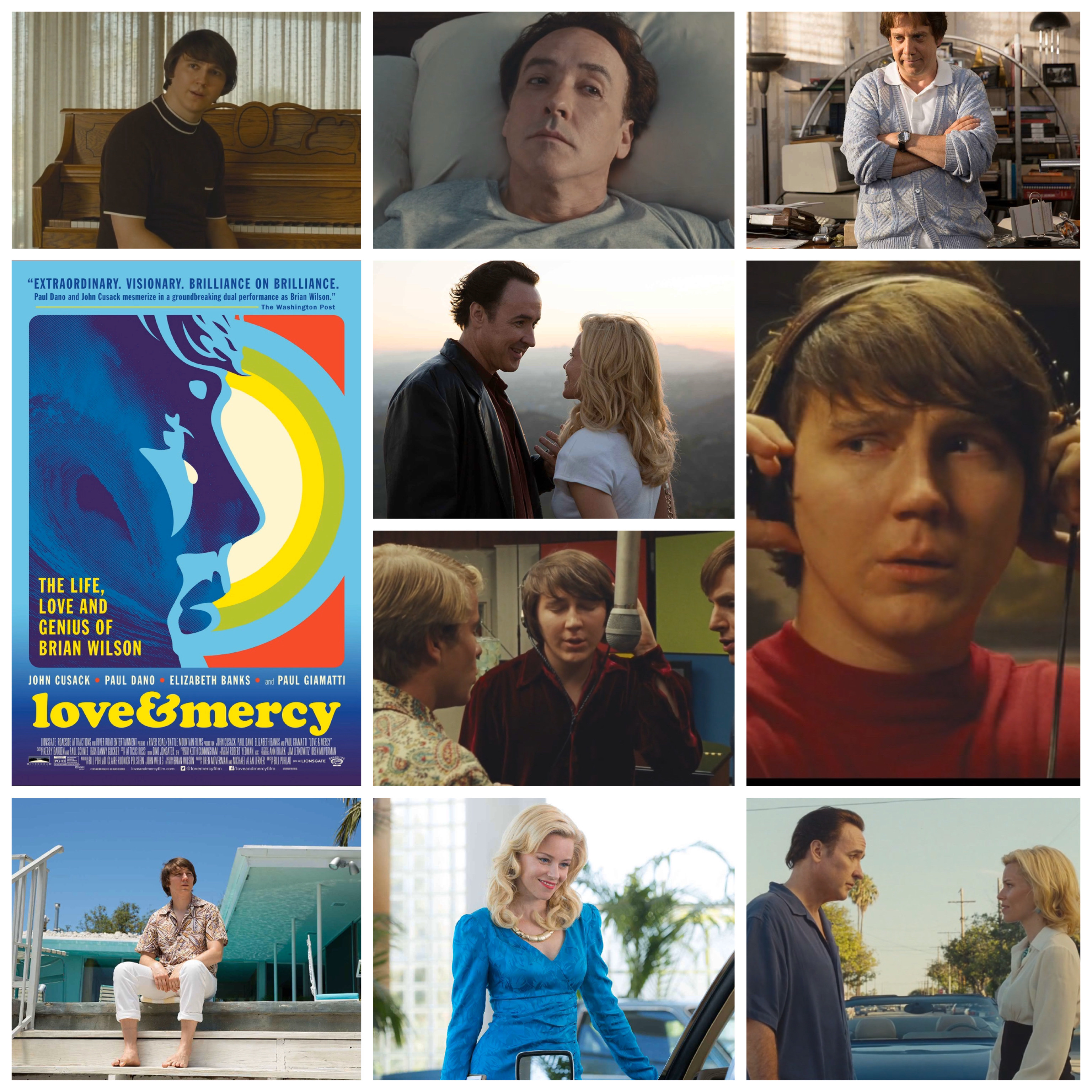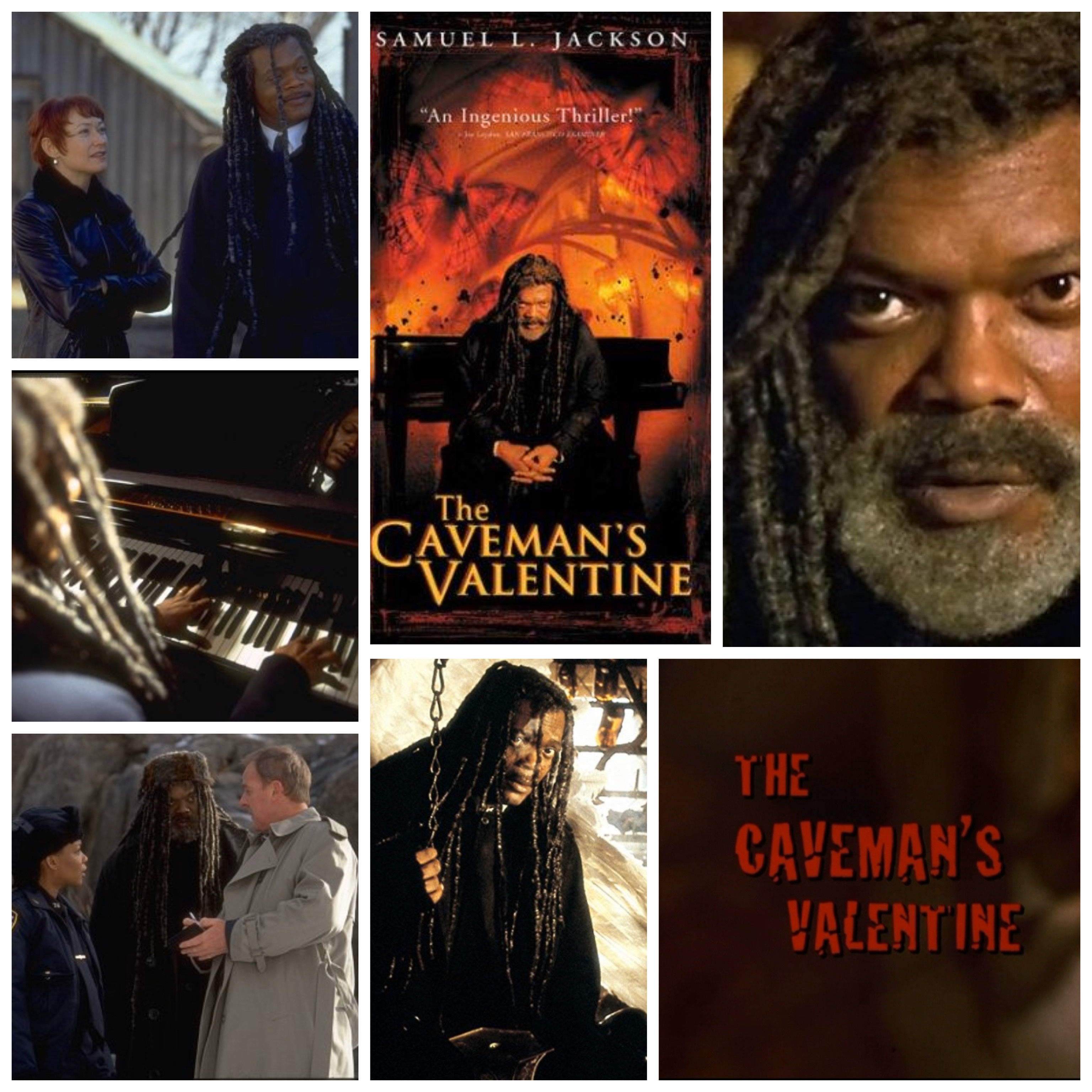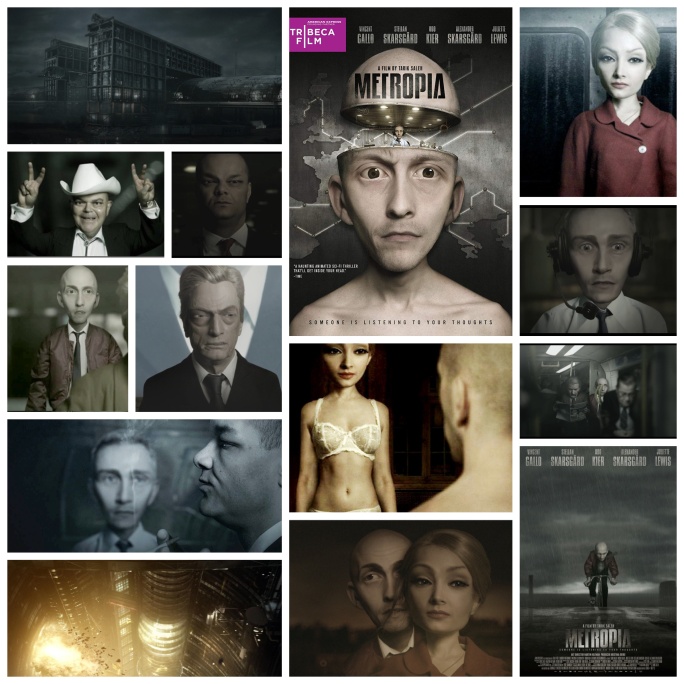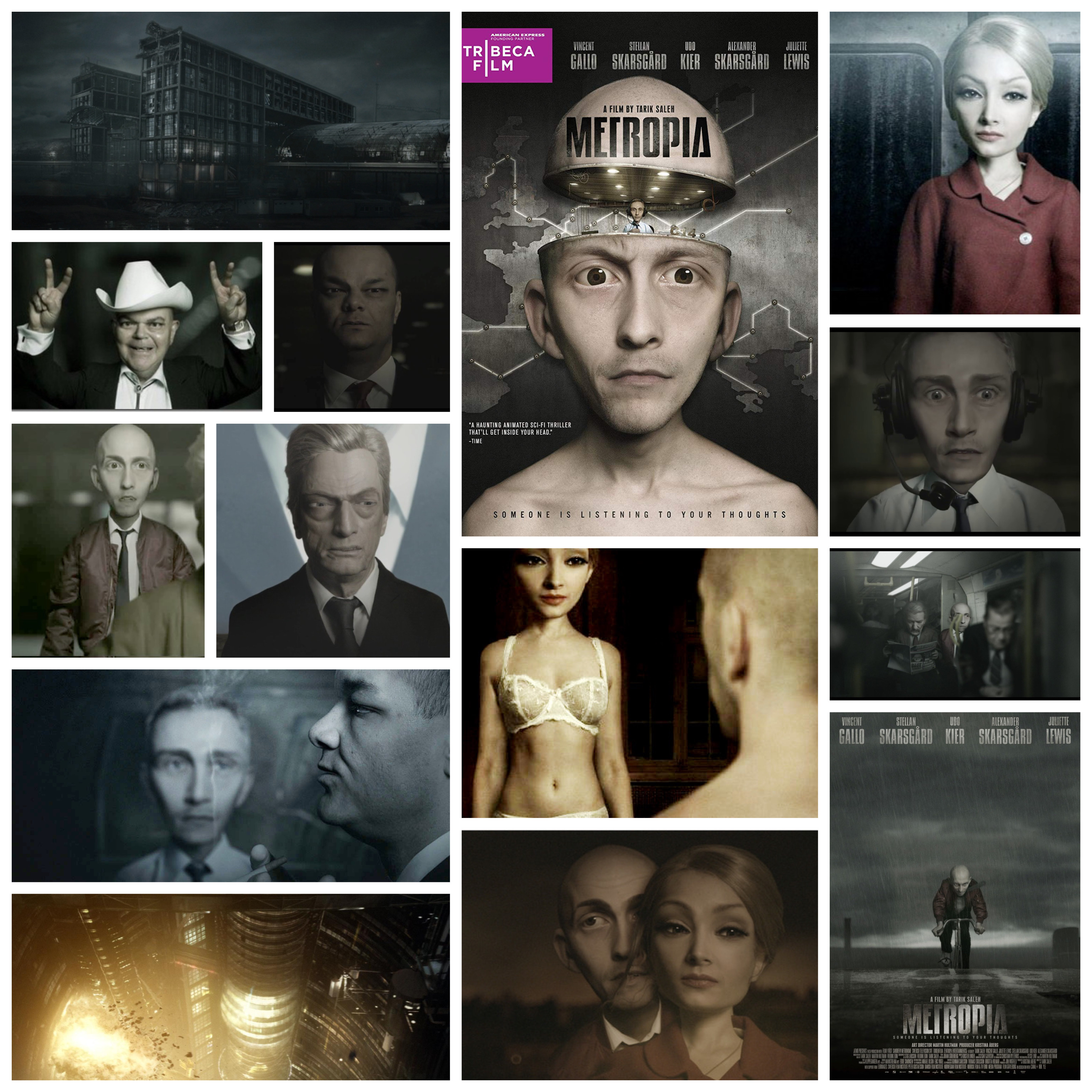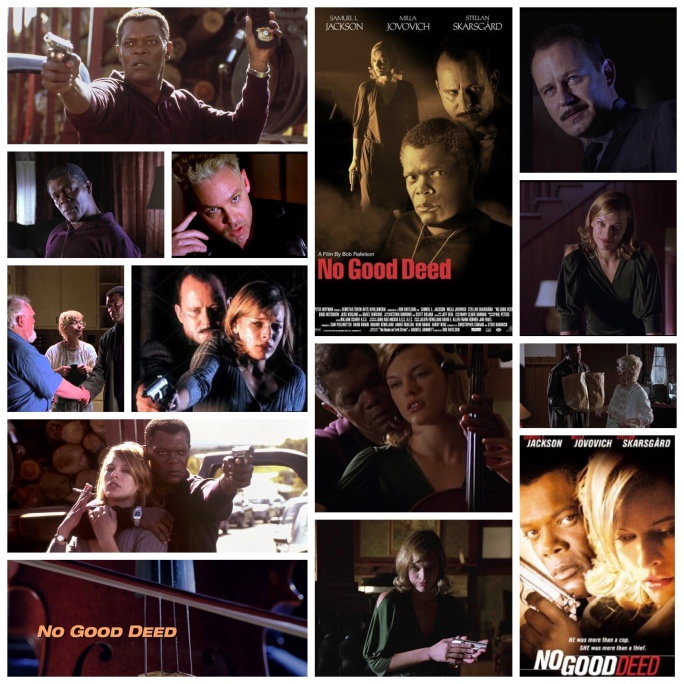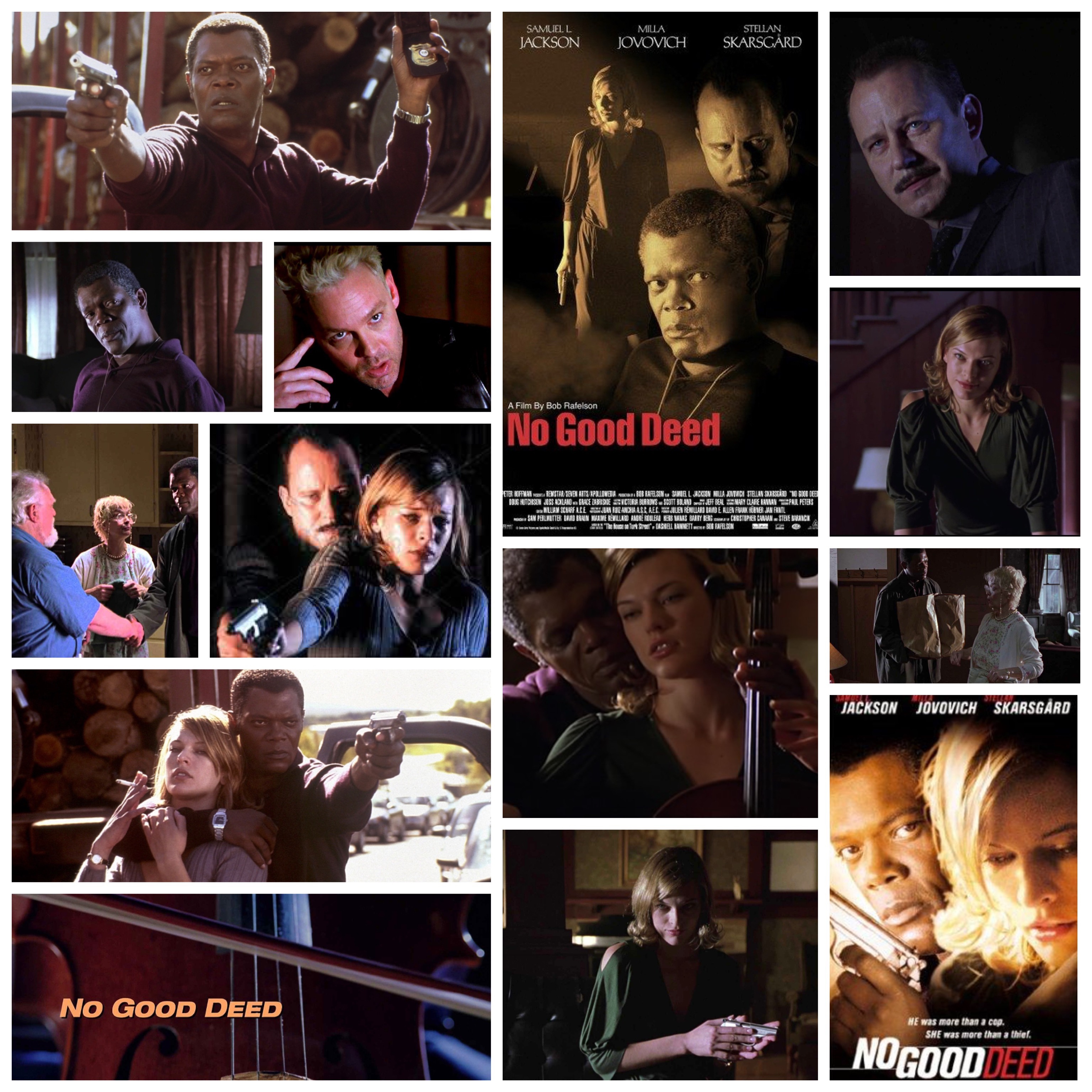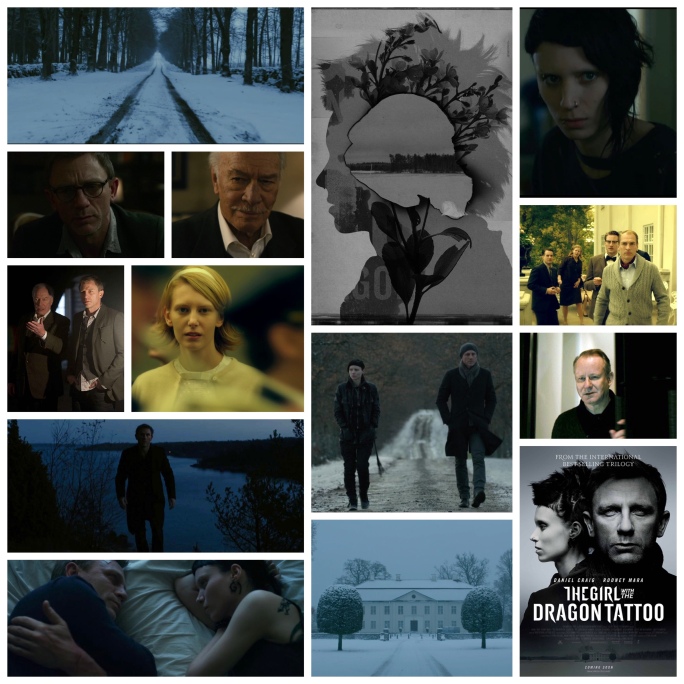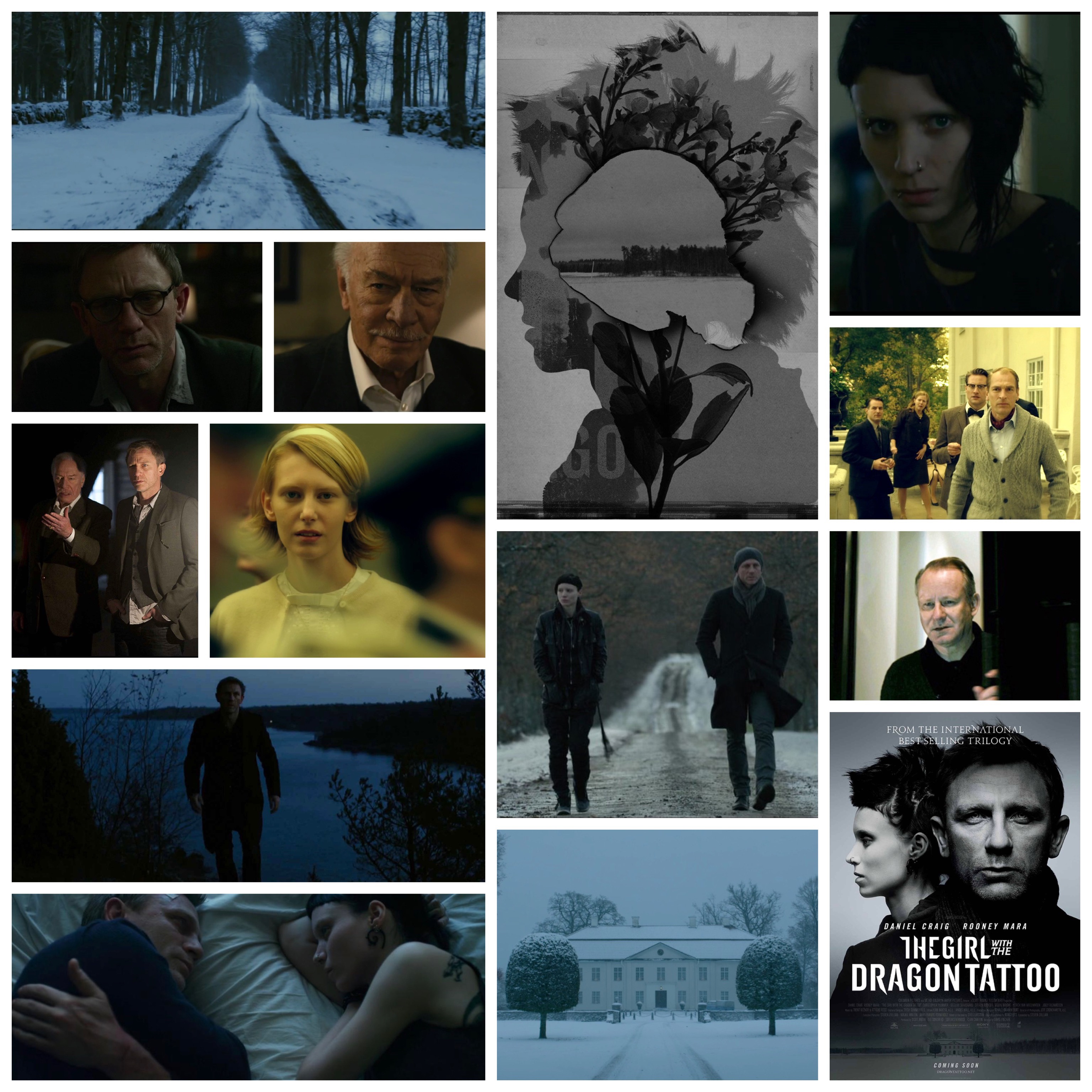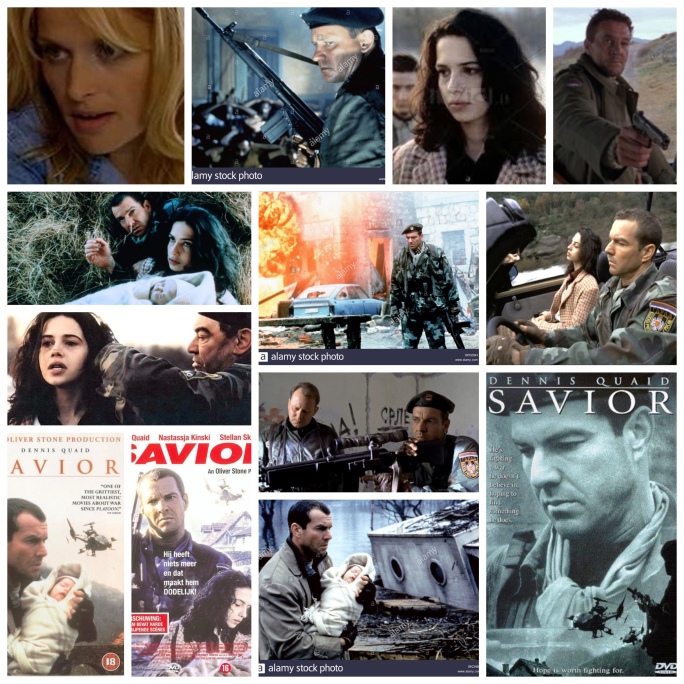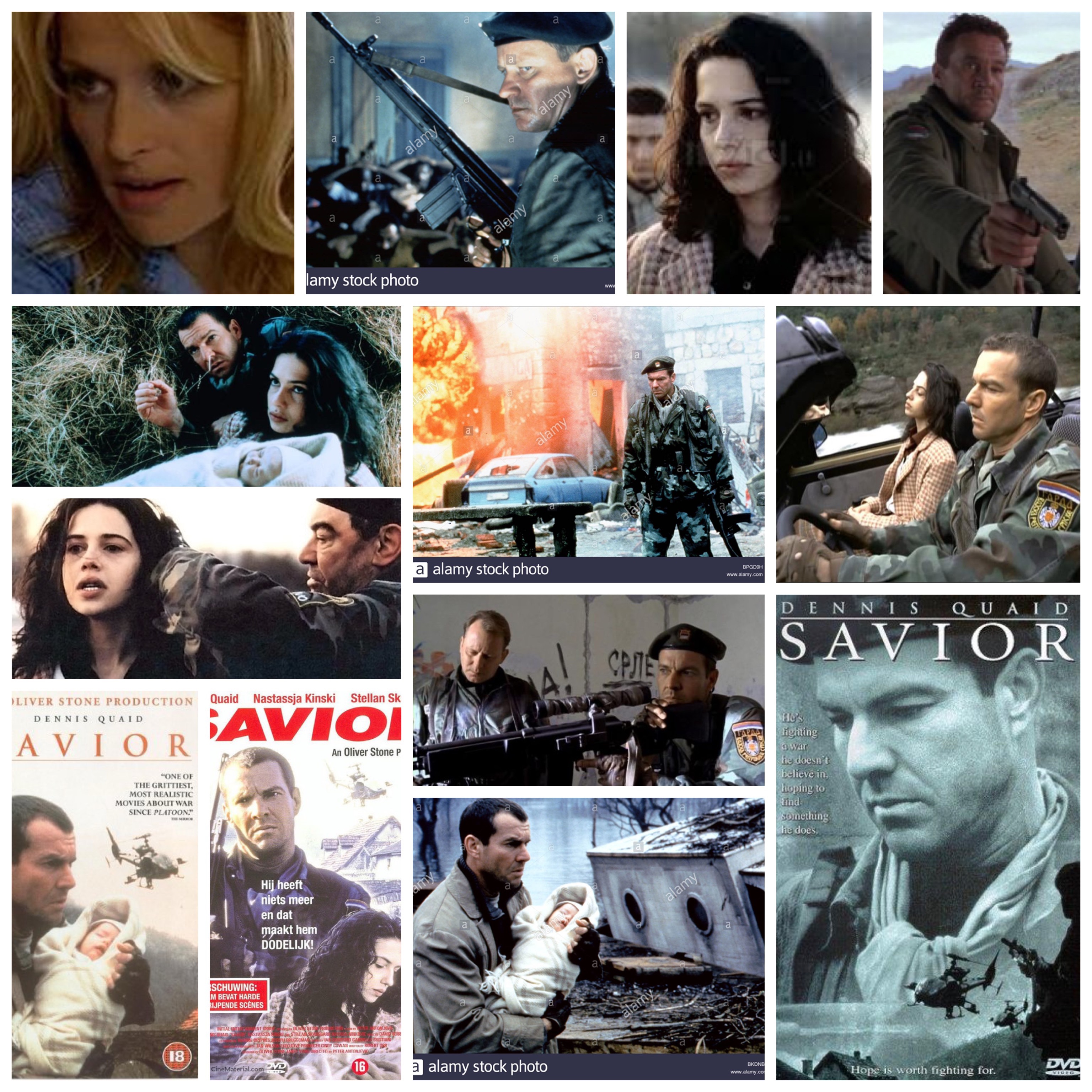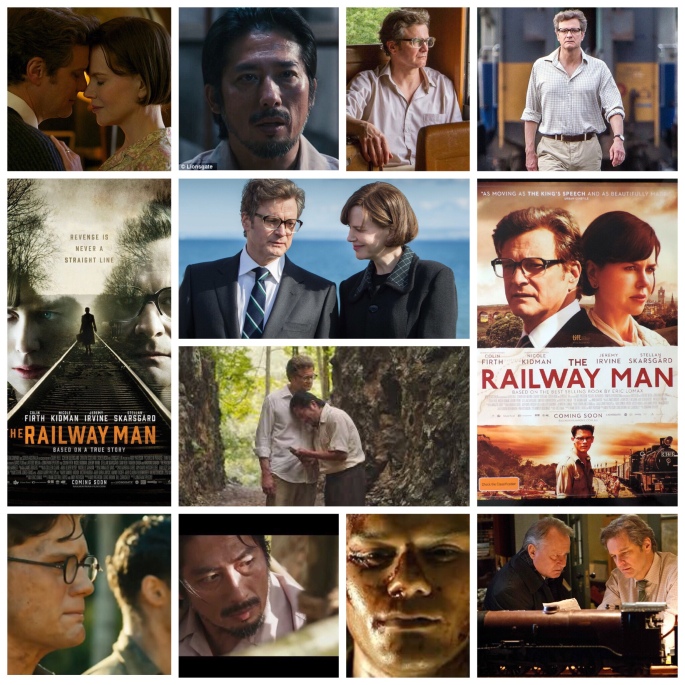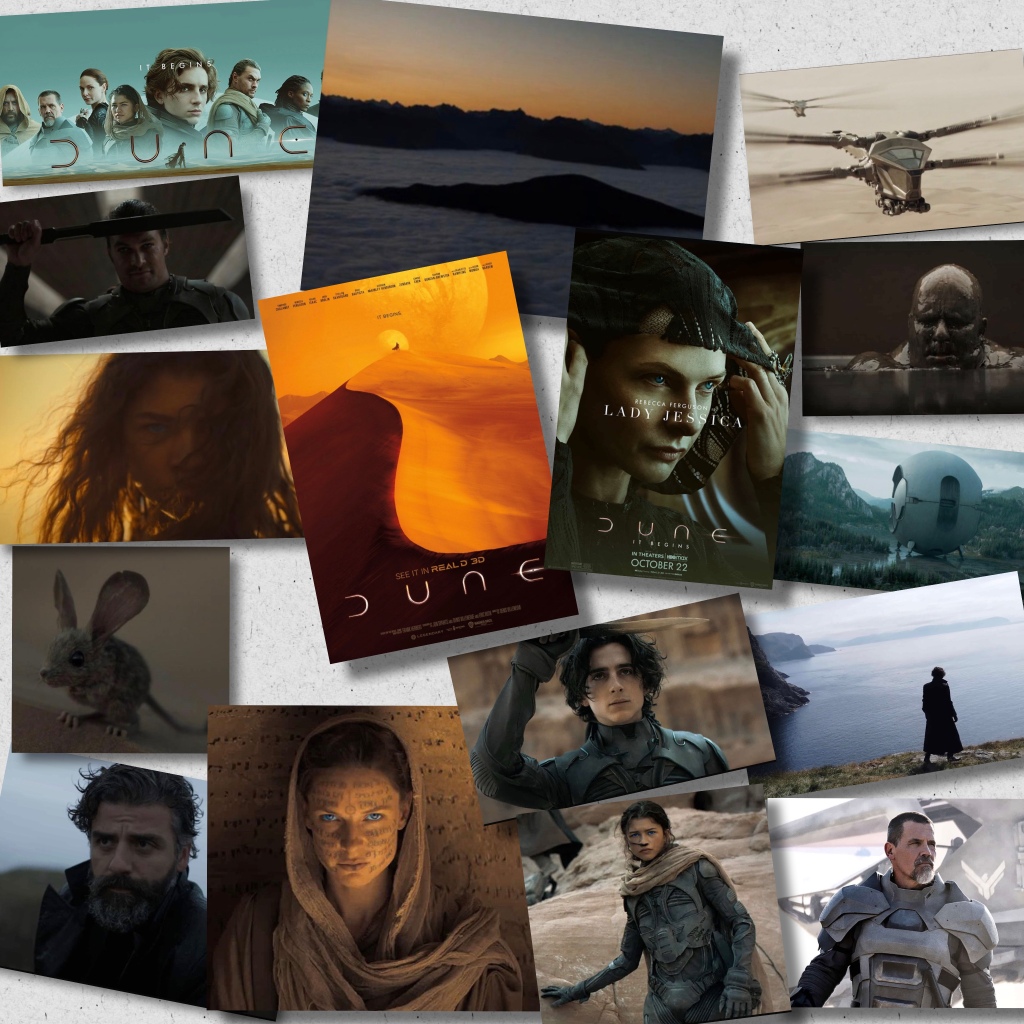
It’s been a long wait for Dune, but it’s finally here and let me tell you it was worth it. I didn’t get to see it in theatres because my country has gone collectively insane for a minute (hopefully a temporary situation) but it’s a strong testament to Denis Villeneuve and his entire creative team that even on my modest 55” TV with a JBL soundbar, this thing is one powerful spectacle of immense, grandiose science fiction storytelling, a Shakespearean space opera for the ages and the culmination of this filmmaker’s work so far reaching a fever pitch of visual creative energy, motion and sound. Obvious comparisons will be drawn between this and David Lynch’s notorious 1980’s version of Frank Herbert’s novel, but I won’t be making any other than to say I deeply love both films for different reasons, and they are so far removed from one another in style, tone and essence I can’t even place them on the shelf next to one another. The story is told in broad, sweeping strokes with an elemental momentum to both the set pieces of thundering action and soulful, dialogue driven character interaction. Keystone sequences like the Harkonnen invasion, the spice harvester rescue and the Atreides house triumphantly arriving on Arrakis are handled with massive scope, vision, beautiful world building and breathtaking, dreamlike production design. Hans Zimmer’s reliably supersonic score is a bass soaked deep space lullaby, a trancelike composition that echoes his work in Villeneuve’s Blade Runner 2049 while organically blasting into new neural pathways of what is possible in music for film. I thought that Timothee Chalamet might annoy me as Paul, but he’s stellar, almost underplaying the enigmatic budding hero with a layered introspection and genuinely discernible arc from naive youngling prince to rough, rugged desert wanderer. All of the other actors are superb and imbue the characters with a subdued, mesmeric and haunted aura that adds to the spacey atmosphere, apart from Jason Momoa as fierce warrior Duncan Idaho, his performance is lively, brusque and the closest any of the actors get to down to earth. Stellan Skarsgard gives the same sort of villainous turn here as he did in Antoine Fuqua’s King Arthur, a wistful, distant and detached yet quietly malicious and rotten bastard of a Baron, like an evil floating Humpty Dumpty, but in a good way. My favourite performance of the film goes to an unassuming Rebecca Ferguson as Lady Jessica, a character not featured all that heavily in the marketing but one that comes across as the desperate soul of the film, a loving mother torn between her fealty to a strange sisterhood of weird nun magicians and her love for Paul and Duke Leto (Oscar Isaac is superb) and her people. Ferguson is eerie, wide eyed and charismatic in the type of way that holds you attention raptly, the only performance in this film that feels like it might be at home in Lynch’s version of Dune. The world presented here is tangible, tactile, the special effects are a seamless blend of CGI and practical, the baroque design of dragonfly winged spacecrafts, mammoth ancient pyramids, impossibly detailed metallic frescoes depicting the lore and history of these civilizations are a magisterial tapestry of woven visual creativity, costume design, detailed wildlife and anthropological wonder that will sweep you away into this realm. My only complaint is that, because this is only part one, the air gets sucked out of the room narratively speaking when this thing ends and I felt an aching yearn for the continuation of the story, which it looks like we will now indeed get and I understand that Villeneuve made a wise choice splitting the novel up to let the story breathe, but it still finishes on an airy exhale that leaves you craving more. I’m excited for part two, there are several characters that *are* featured a lot in marketing that only show up for like, five minutes or less, I want to see this story develop further so that I may get to know them, experience more brilliant performances and sink deeper into this gorgeous, hypnotic, mythologically rich universe. Great film.
-Nate Hill
